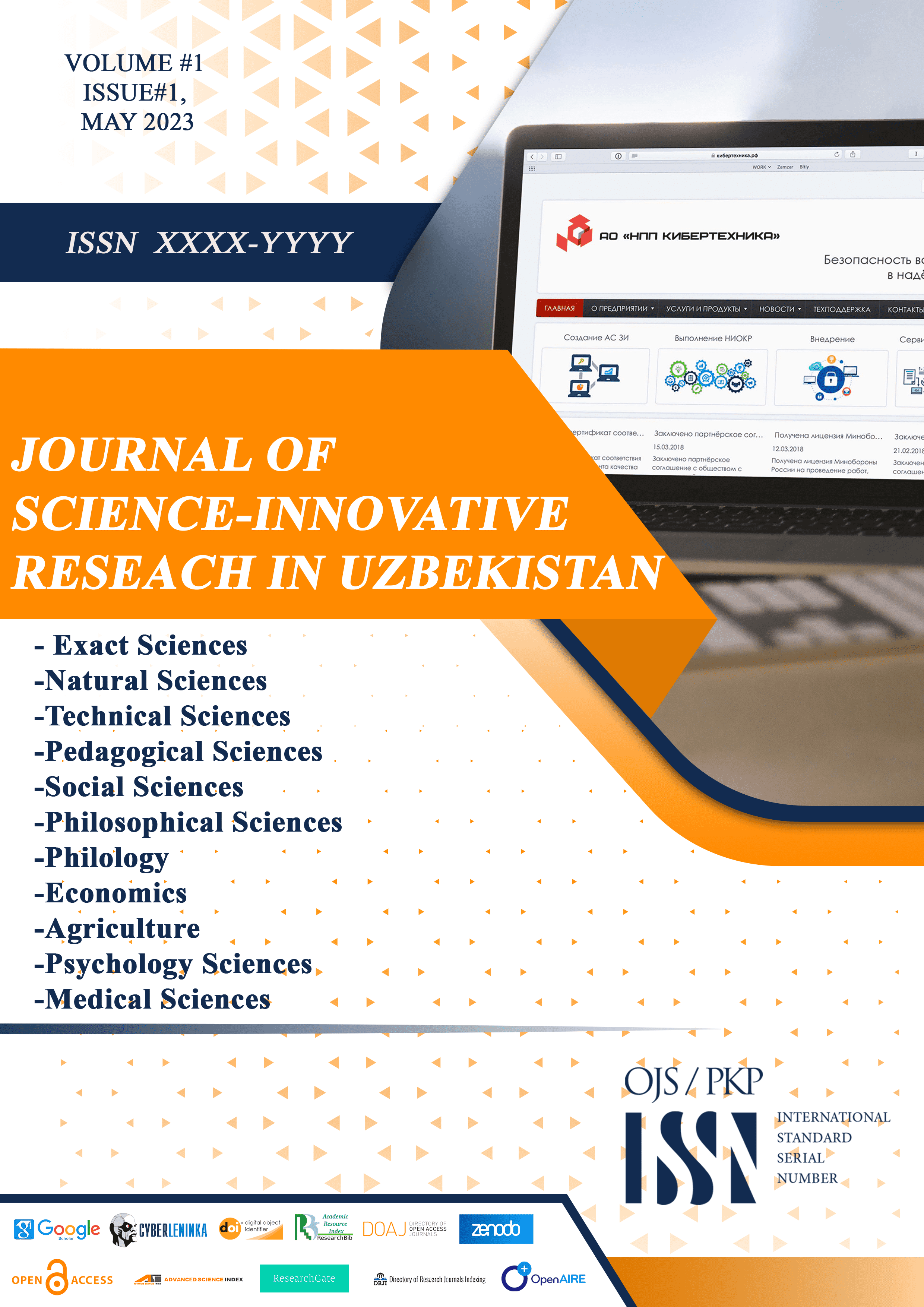Abstract
Virtual Reality (VR) is reshaping the educational landscape, especially in technical disciplines, by providing immersive and interactive environments. This paper examines the psychological and cognitive impacts of VR on learning, focusing on metrics such as cognitive load, motivation, engagement, stress levels, attention span, memory retention, and confidence in mastering technical skills. Drawing from existing literature, this study reveals that VR reduces extraneous cognitive load, enhances motivation and engagement, and fosters confidence through practical simulations. Despite challenges like motion sickness and initial cognitive overload, VR demonstrates superior learning outcomes compared to traditional methods.
References
• Makransky, G., Terkildsen, T. S., & Mayer, R. E. (2020). Adding immersive virtual reality to a science lab simulation causes more presence but less learning. Learning and Instruction, 60, 225-236.
• Checa, D., & Bustillo, A. (2020). A review of immersive virtual reality serious games to enhance learning and training. Multimedia Tools and Applications, 79(9), 5501-5527.
• Krokos, E., Plaisant, C., & Varshney, A. (2019). Virtual memory palaces: Immersion aids recall. Virtual Reality, 23(1), 1-15.
• Chandler, P., Sweller, J., & Paas, F. (2021). Cognitive load theory and the format of instruction. Educational Psychologist, 26(3), 1-16.
• Pantelidis, V. S. (2010). Reasons to use virtual reality in education and training: A taxonomy. Themes in Science and Technology Education, 2(1-2), 71-77.
• Küçük, S., Kapakin, S., & Göktaş, Y. (2014). Learning anatomy via mobile augmented reality: Effects on achievement and cognitive load. Anatomical Sciences Education, 9(5), 411-421.
• Fowler, C. (2015). Virtual reality and learning: Where is the pedagogy? British Journal of Educational Technology, 46(2), 412-422.
• Merchant, Z., Goetz, E. T., Cifuentes, L., Keeney-Kennicutt, W., & Davis, T. J. (2014). Effectiveness of virtual reality-based instruction on students’ learning outcomes in K-12 and higher education: A meta-analysis. Computers & Education, 70, 29-40.
• Temirova, R. (2024). Fostering Industry 4.0 competencies through virtual reality in simulator-based laboratories: Assessing independent learning outcomes in energy engineering education. Science and Innovation International Scientific Journal, 3(11), 236–241. Scientists.UZ.
• Temirova, R. (2024). Comparative analysis of English teaching methodologies for technical education: Traditional versus modern approaches and future trends. In Fundamental aspects of improving teaching foreign languages in the epoch of modern globalization (Vol. 2, No. 4).
• Temirova, R. (2024). Organizing independent work lessons in language teaching for technical students using VR technology. In Ijtimoiy-gumanitar fanlarni o'qitishda talabalar mustaqil ish darslarini tashkil etish (Vol. 1, No. 3, p. 112).
• Temirova, R., & Qodirova, O. (2024). The impact of virtual reality (VR) laboratories on competency development in technical education with a focus on energy engineering. In Namangan davlat pedagogika instituti talabalar akademiyasi konferensiyasi (Vol. 1, No. 4).

This work is licensed under a Creative Commons Attribution 4.0 International License.

